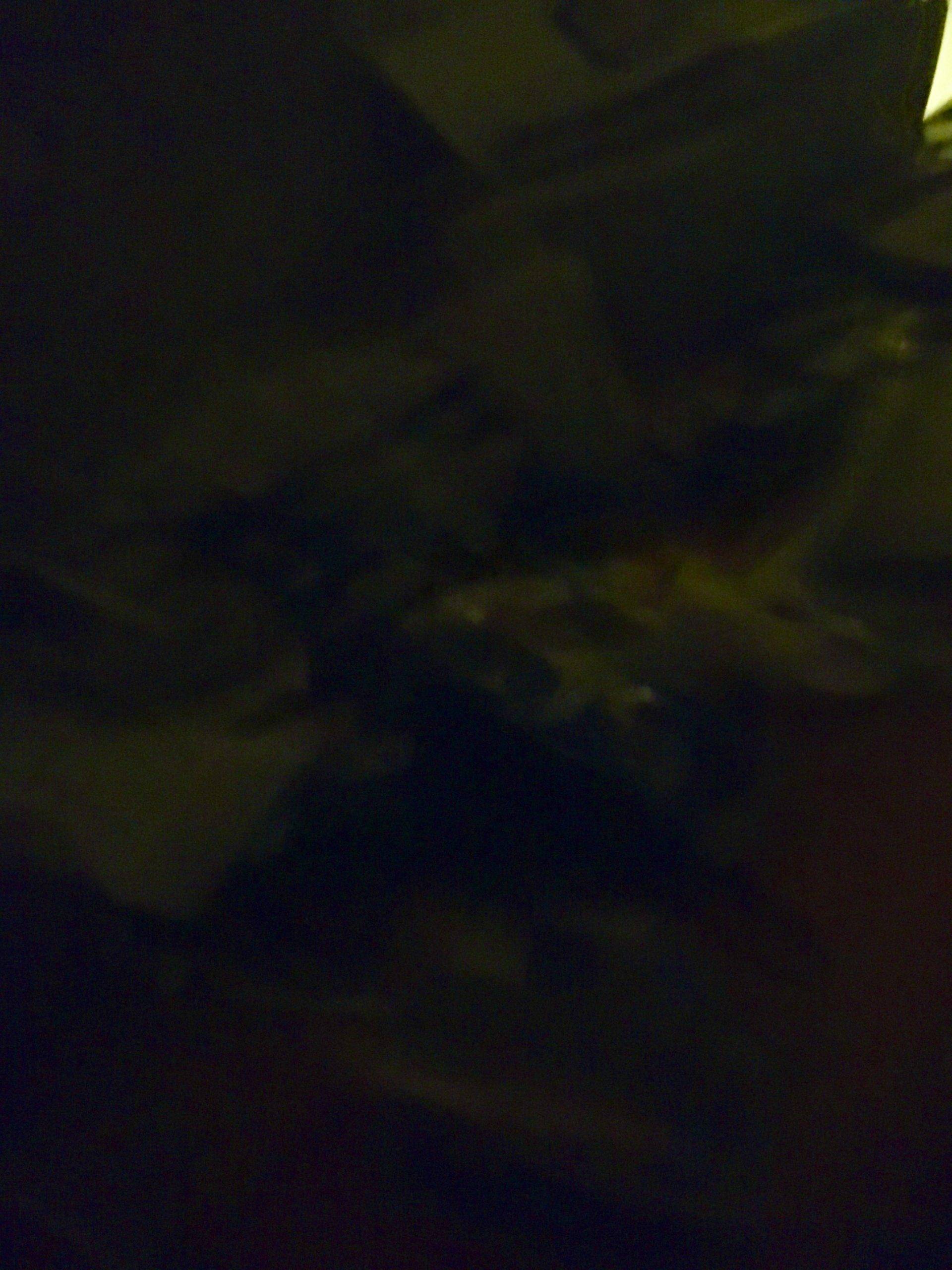Lucretius ’universe is not a harmonious place of equilibrium where destruction always balances creation. Ontology is profoundly historical and asymmetrical because matter flows. Flow necessarily entails global dissipation and dissolution from higher energy to lower energy. The swerve is indeterminate, not random because matter always responds to what happened before. As such, what comes after is always slightly more spread out (globally speaking) than before. This is entropy. The world ends in death and dissipation. Lucretius was, therefore, much closer to contemporary understandings of physics than Spinoza was. Lucretius was correct that the sun will burn out and that the Earth, and all the planets, will eventually dissipate all their energy into space. With more recent knowledge of black holes, cosmologists mostly agree that supermassive black holes will eventually absorb all matter in the universe and then absorb one another. Over time everything in the universe will be broken down into quantum fluctuations of energy. After that, no one knows what will happen. #
The universe may stay in this more or less scattered state of quantum flux for an incredibly long time. It is also physically possible that the vacuum fluctuations of energy may generate enough gravity to start pulling everything back together. Or more dramatically, it is also consistent with the standard model of particle physics that quantum fluctuations can suddenly alter the fundamental laws of the universe and create an entirely new universe with new laws. This is what physicists call “vacuum decay.”
Of course, Lucretius does not discuss these possibilities, but at least his philosophy is not incompatible with them. Lucretius’ notion of indeterminacy (the swerve) and the existence of many worlds are entirely consistent with the known laws of quantum physics.
read here
Foto: Sylvia John

